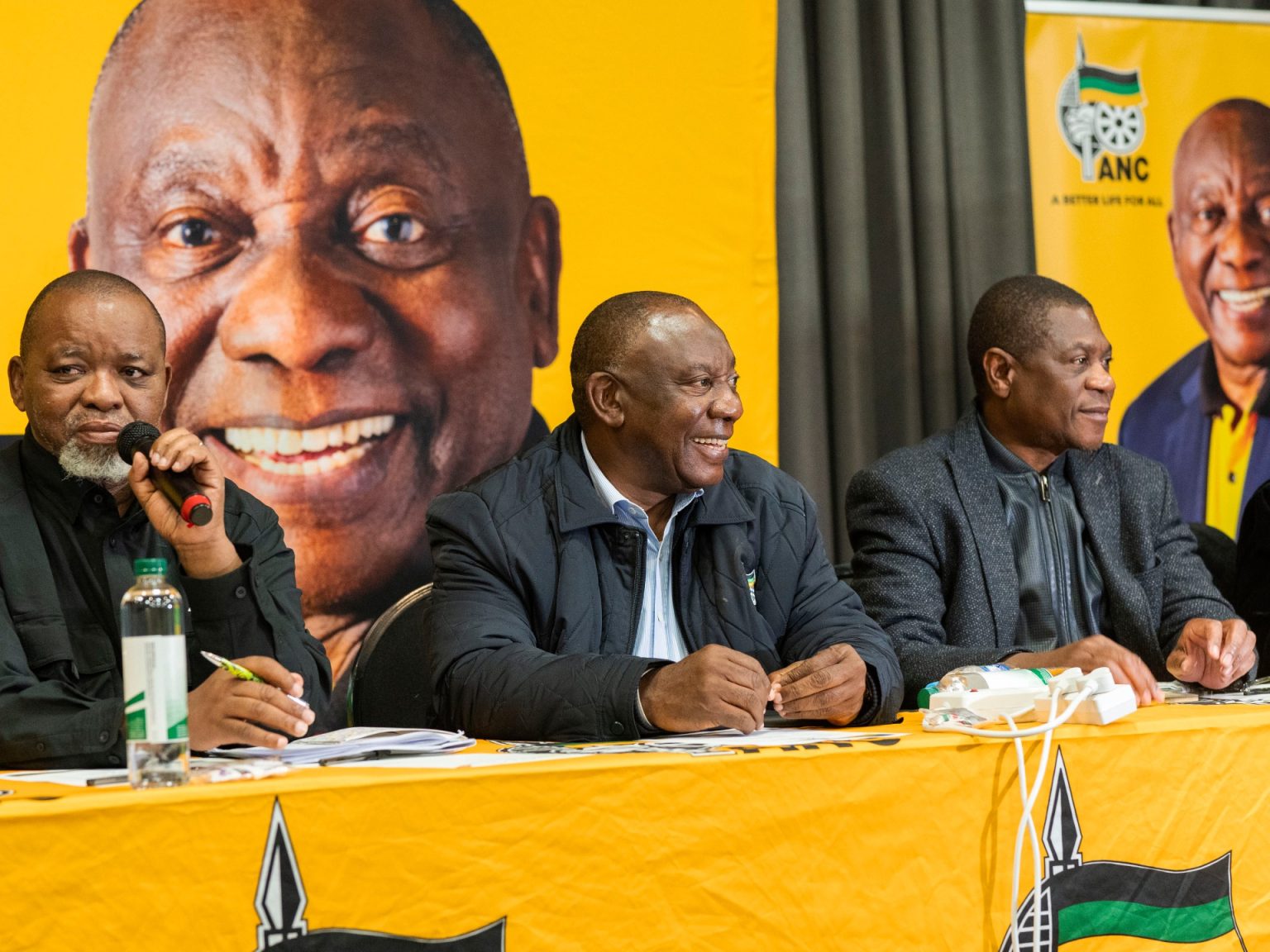Reeling from its worst electoral performance in 30 years, the African National Congress (ANC) in South Africa is considering forming a Government of National Unity to administer the nation after losing its majority in parliament for the first time since apartheid ended. The decision was framed by President Cyril Ramaphosa as a move in the national interest, but analysts see it as politically astute, reducing the ANC’s dependence on individual rival parties. This approach also draws on the lessons of the past, such as the Government of National Unity that governed South Africa between 1994 and 1997 under Nelson Mandela.
The ANC’s drop in vote share in the recent elections has prompted the need for negotiation with other parties before the constitutional deadline to elect the country’s next president on June 18. Talks have been ongoing within the ANC about viable government formation options, with some members protesting against a deal with the market-friendly Democratic Alliance (DA). Forming exclusive coalition agreements could have weakened Ramaphosa’s position within the ANC and led to internal divisions, making a grand coalition involving multiple parties a more strategic option.
While forming a government with the DA, Economic Freedom Fighters (EFF), or uMkhonto we Sizwe Party could have consequences for the internal balance of power within the ANC, a broad coalition could keep the DA, as the second-largest party, engaged while avoiding over-reliance on any one partner. This would also send positive signals to both domestic and international business communities. The challenges ahead for the ANC include addressing economic growth, job creation, structural inequality, and dealing with high levels of unemployment and corruption.
Negotiating a national unity government will require the ANC to make trade-offs with opposition parties, including offering positions in the executive and parliament in exchange for support. The DA has expressed openness to talks, but ruled out an agreement with the EFF. The EFF is willing to co-govern with the ANC but has demanded the deputy presidency position in exchange for their support. The MK Party, led by former President Jacob Zuma, has stated that it will not join a coalition led by Ramaphosa and campaigned on a platform that includes rewriting the constitution.
Ramaphosa emphasized the urgent need for social cohesion following a divisive election campaign, highlighting the importance of upholding constitutionalism in any deal. The ANC aims to draw on a history of cooperation across divides and ideologies to create a government that can address the country’s challenges. The road ahead for South Africa’s new government of unity will be challenging, requiring compromises, reforms, and a focus on building an inclusive economy, tackling corruption, and improving service delivery. The success of this coalition government will be crucial for addressing South Africa’s pressing domestic issues.












